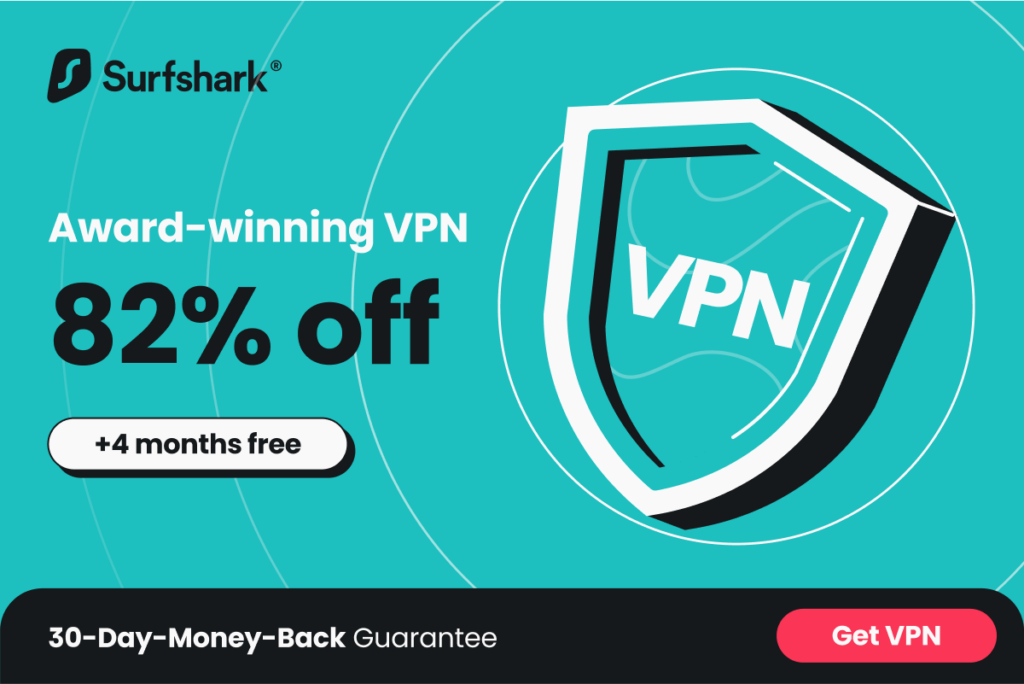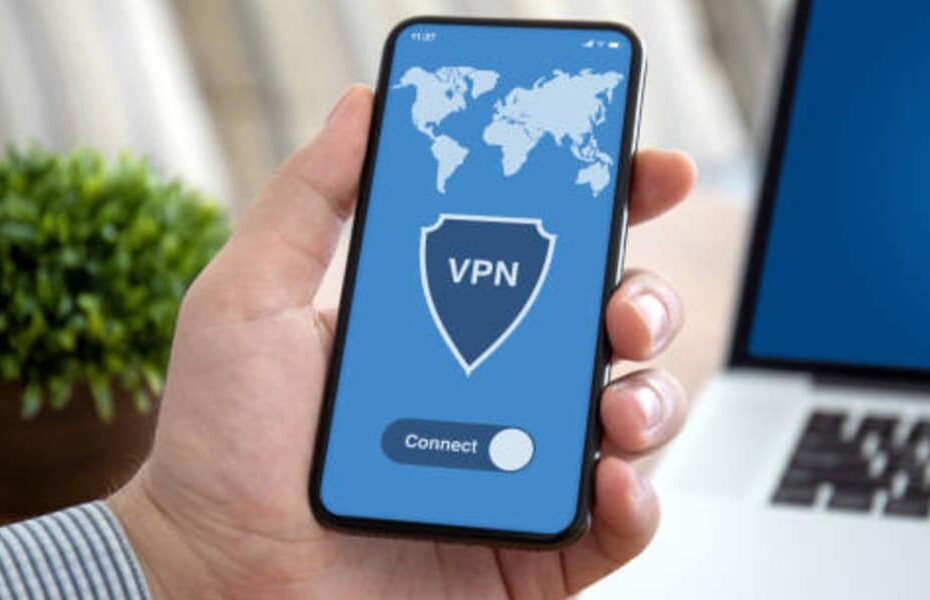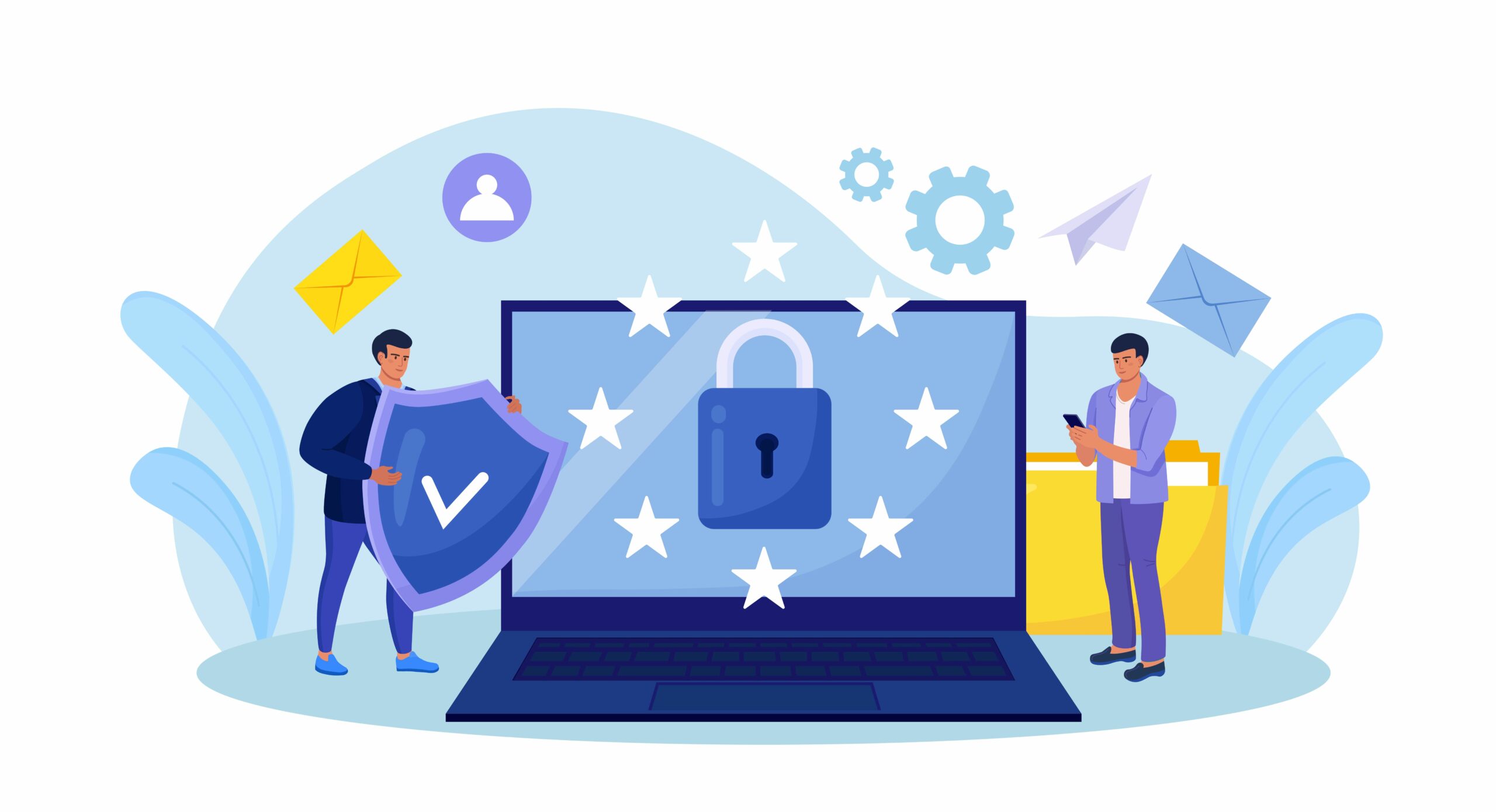Before delving into the inner workings of a VPN, it is a good idea to become acquainted with the fundamentals of what a VPN is and what it accomplishes.
What Is a VPN?
VPN is an abbreviation for “Virtual Private Network,” and it refers to the ability to establish a secure network connection when utilizing public networks. VPNs encrypt your internet traffic and conceal your identity online.
Then there’s encryption, which is the secret. A VPN preserves online privacy by encrypting your IP address and web activity. It conceals your location and your personal information. It encrypts everything you do online in unreadable code, allowing you to surf anonymously. This makes it more difficult for third parties to follow your internet activities and steal information.
VPN Apps and How They Work
A VPN conceals your IP address by routing it through a specially configured distant server maintained by a VPN host. This implies that if you use a VPN to access the web, the VPN server becomes the source of your data.
This means that your Internet Service Provider (ISP) and other third parties will not be able to see the websites you visit or the data you transmit and receive online. A VPN acts as a filter, converting all of your data into “gibberish.” Even if someone were to obtain your data, it would be worthless.
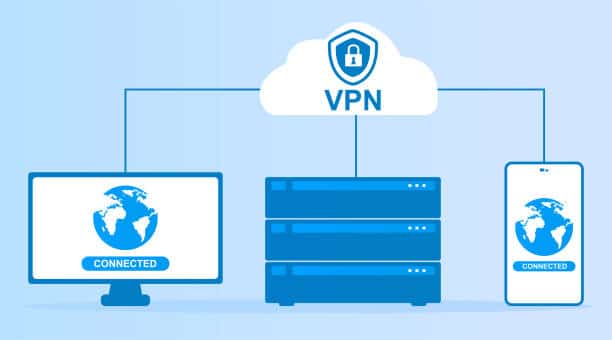
The different VPN Varieties
The type of software you use will determine how much or how little your VPN impacts your device.
Many VPNs will function directly with an operating system’s settings to safeguard any program that connects to the internet.
Standalone VPN Services
This is the VPN most widely used by homes and small enterprises and is the one that Namecheap provides. It employs a program that establishes an encrypted connection to the private network, which you can use to access the internet.
Browser extension Add-ons
Some VPNs function as browser extensions. There are several add-ons available for browsers such as Google Chrome and Firefox, and Opera includes a built-in VPN. The disadvantage is that your data will be safeguarded only when you use that browser. Other apps will not be safeguarded. Furthermore, browser VPNs are more insecure, and IP leaks might occur.
If you decide to use a browser add-on or extension, stick to reliable providers that provide other VPN services.
VPN Router
A VPN-enabled router is another option for setting up a VPN. This is perfect if you want to secure several devices because it will cover every device connected to the router, saving you from having to install the VPN separately. Furthermore, you will only need to sign in once; your router will always remain connected to your VPN.
It’s not as tough as you think to connect your router to a VPN. To begin, you’ll need to sign up for a VPN subscription, followed by a router. The easiest router to purchase is one built to enable VPNs immediately, without requiring you to do anything more complicated than inputting your VPN credentials. Unfortunately, these routers are often slightly more costly than standard routers.
VPN for business
For workers who work remotely, organizations frequently deploy a remote-access VPN. Employees may safely access the company’s private intranet over this VPN by utilizing a password and an app. This is a one-of-a-kind solution that necessitates customized development and extensive IT resources.
What are the advantages of using a VPN connection?
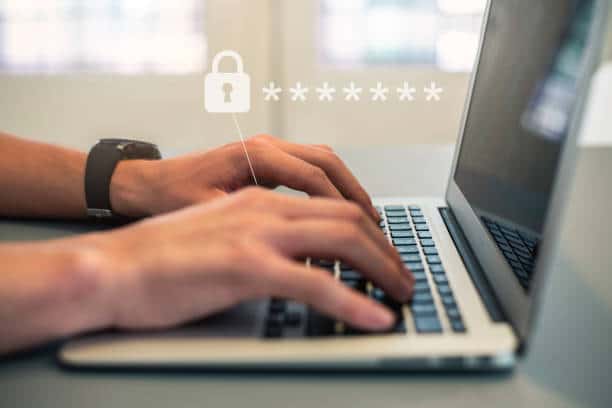
A VPN connection masks your internet data transmission and protects it from eavesdropping. However, anyone with network access and a desire to read unencrypted data can do so. Hackers and cyber thieves cannot decode this data while using a VPN.
Secure encryption
An encryption key is required to read the data. Without one, it would take a computer millions of years to decrypt the code in the case of a brute force attack. In addition, your online activity can be disguised with a VPN, even on public networks.
Disguising your location
VPN servers effectively operate as proxies for you on the internet. Your exact location cannot be established since the demographic location data is obtained from a server in another nation. The majority of VPN providers do not keep logs of your actions. On the other hand, some providers record your activity but do not share it with third parties. This implies that any potential record of your user activity is forever hidden.
Access to regional web material
Regional web content is not always available from all locations. Services and websites frequently contain content only available in particular regions. To establish your location, standard connections use local servers in the nation.
This means you can’t access content from your own country while abroad, and you can’t access foreign content from your home country. With VPN location spoofing, you may essentially “alter” your location by connecting to a server in another country.
Secure data transfer
You may need to access critical files on your company’s network if you work from home. This type of information necessitates a secure connection for security reasons. A VPN connection is frequently necessary to obtain network access. VPN services connect to private servers and utilize encryption technologies to limit the danger of data leaking.
Surfing the web safely on public networks
Using a public Wi-Fi network may be quite dangerous. Other network users can access your data and personal information. You might consider using a VPN connection if you don’t want anyone to access your email login, images/files, or payment card information.
While using a public Wi-Fi network, the VPN encrypts all of your data. Therefore, a hacker will only be able to read encrypted data and will not be able to see or use your personal information.
Censorship on the internet
The internet is extensively censored in several countries, including China, Turkey, Russia, and Iran. Certain internet services and websites are blocked in these countries. WhatsApp, Google, Instagram, YouTube, Skype, Spotify, and Facebook are some of the apps and websites that are frequently restricted.
Furthermore, news websites and journalist platforms are frequently restricted because they are perceived as dangerous to the current government. Censorship significantly influences citizens’ freedom of expression in these countries.
By connecting to a server in another country, a VPN can let you avoid censorship and limitations. By doing so, you may access the internet as if you were in that other nation. In addition, you can use this method to acquire access to websites and services unavailable in your home country.
How to Setup a VPN Connection on Your Phone

As previously stated, VPN connections are also available for Android devices and iPhones. Fortunately, smartphone VPN services are simple to use and usually contain the following features:
- Typically, the installation procedure downloads one program from the iOS App Store or the Google Play Store. Although there are free VPN services, it is best to go with a professional provider when it comes to security.
- Because the default settings are already primarily built for the normal smartphone user, the setup is incredibly user-friendly. Use your account to log in.
- Turning on the VPN is as simple as flipping a light switch for many VPN programs. The option is most likely to be found straight on the home screen.
- Advanced configuration is offered for users who want a greater data security level. Depending on your VPN, you may also choose another protocol for your encryption technique. Your app may also provide diagnostics and other features. Learn about these characteristics before subscribing to pick the best VPN for your requirements.
- To begin browsing the internet safely from now on, activate the VPN connection using the app.
How Do You Pick the Best VPN?
When determining which VPN is best for you, there are several crucial considerations to consider:
- Encryption tools and protocols: A VPN must utilize strong encryption techniques and protocols to ensure your privacy. Look for firms that employ military-grade AES-256 encryption. Furthermore, OpenVPN is the gold standard among VPN protocols and provides the finest security.
- Privacy policy: No amount of encryption will keep your data private if a VPN knowingly gives that information to government agents. Before joining up for anything, you should always read the company’s privacy policies. At the very least, they should state unequivocally that they will not disclose your personal information to anyone.
- Location: A VPN’s location can significantly impact its ability to implement its privacy policy. Companies based in Five Eyes, Nine Eyes, or 14 Eyes nations are susceptible to government monitoring and must turn over records when subpoenaed by US law enforcement.
- Kill switches: If you lose your connection, your VPN should be able to shut down your browsers and programs automatically.
- Multi-hop technology: Many of the finest VPNs pass your internet information via at least two different servers, encrypting it multiple times for further protection.
- Split tunneling: Another handy function provided by certain VPNs is split tunneling, which allows you to connect to both the public internet and a VPN simultaneously.
- Torrenting support: Some VPNs allow you to connect to torrenting programs and software with ease. If you like streaming, you should consider whether VPNs allow you to access content libraries in different countries.
- Speed: While any VPN may slow down your devices to some level, search for software that will slow them down as little as possible. Comparing ping, upload, and download speeds on a device running a VPN to the same device when it isn’t running the VPN is one technique to test speeds.
- Price: Prices for VPN services vary greatly, with some even giving free access. Furthermore, many businesses provide substantial savings when you sign long-term contracts. The most affordable VPNs cost approximately $4 per month, with the most costly VPNs costing up to $15 per month. Aside from the price, think about what you’re receiving for your money.
3 Excellent VPN Service Providers for Newcomers
ExpressVPN

ExpressVPN is one of the best VPN services available. They provide thousands of fast and dependable servers, applications for all devices, and exceptional customer support. This VPN is also compatible with Netflix, allowing you to unblock all of your favorite shows. In addition, ExpressVPN offers a 30-day money-back guarantee, allowing you to test it before committing to a longer membership.
ExpressVPN strives to provide the greatest quality possible, but this comes at a cost.
NordVPN
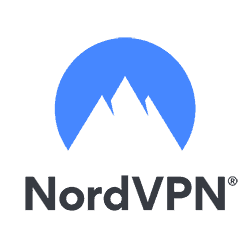
NordVPN is a second VPN service that we suggest. Its reliable and trustworthy service provides a high level of security. Its software is both stylish and simple to use. NordVPN is somewhat slower than ExpressVPN due to its strong levels of security, but it is still a decent alternative. They are reasonably priced for the quality they provide. Furthermore, the programs are easy to use and well-structured.
NordVPN also provides more complex features. These are useful if you’ve been accustomed to VPNs and are searching for special features to assist you.
NordVPN also provides two VPN connections for further privacy and security and a 30-day money-back guarantee.
Surfshark

The primary distinction between Surfshark and many other VPN services, such as ExpressVPN, is that Surfshark is significantly less expensive. In addition, Surfshark’s VPN software is extremely user-friendly. You’ll have it installed and connected to the ideal VPN server with a few clicks.
The VPN will then allow you to surf while using a different IP address and watch one of the many local Netflix libraries.
Surfshark provides a plethora of options in addition to their normal VPN service.
Questions and Answers
What is the cost of a VPN?
There is a significant pricing variation between VPN companies. As a result, providing a clear response to this issue is challenging. However, when it comes to better VPN companies, most VPNs will cost between $2 and $7 per month if you enroll for longer. However, the most well-known VPN companies sometimes charge roughly $12 per month.
Is it possible to be tracked online when using a VPN?
The purpose of a VPN is to keep you from being traced while you’re online. The term “virtual private network” implies that your connection is intended to be private. Furthermore, a VPN is intended to encrypt your IP address and web activity within a secure tunnel.
The VPN, however, could see what you were doing. After all, it can access all the technologies used to encrypt your data. However, reliable VPNs ensure that they will not track or record your online activities.
Will a VPN cause my connection to slow?
Every VPN, to some extent, hinders your internet connection. This is because the encryption procedure consumes device resources. When you use a VPN, your device will often slow down in ping times, download times, and upload times. The easiest way to assess your VPN’s speeds is to compare them while it is active vs. when it is not.
VPNs, are they legal?
VPNs are completely legal in the United States. It is feasible to engage in illicit activities while utilizing a VPN. Downloading copyrighted material through torrent, for example, is unlawful, and while a VPN should mask your identity while doing so, the conduct remains illegal. Furthermore, VPNs are outlawed in several nations, including:
- China
- Russia
- Iran
- United Arab Emirates
- Oman
- Turkey
- Iraq
- Turkmenistan
Conclusion
A VPN connection creates a secure link between you and the internet. When you use a VPN, your data traffic is sent through an encrypted virtual tunnel. When you access the internet, this masks your IP address, making its location opaque to everyone.
A VPN connection is also safe from outside threats. This is because only you have access to the data in the encrypted tunnel. In addition, it enables you to access regionally prohibited material from any planet.
Several VPN providers connect to cellphones, allowing mobile data traffic to remain anonymous. Certified providers can be found on the Google Play Store or the iOS App Store.
However, remember that a VPN merely anonymizes and protects your internet data transmission. In addition, the VPN connection does not safeguard you against hacker assaults, Trojans, viruses, or other malware. As a result, you should use an extra reliable anti-virus program.
